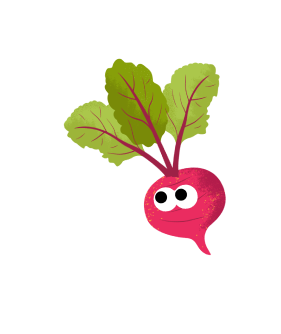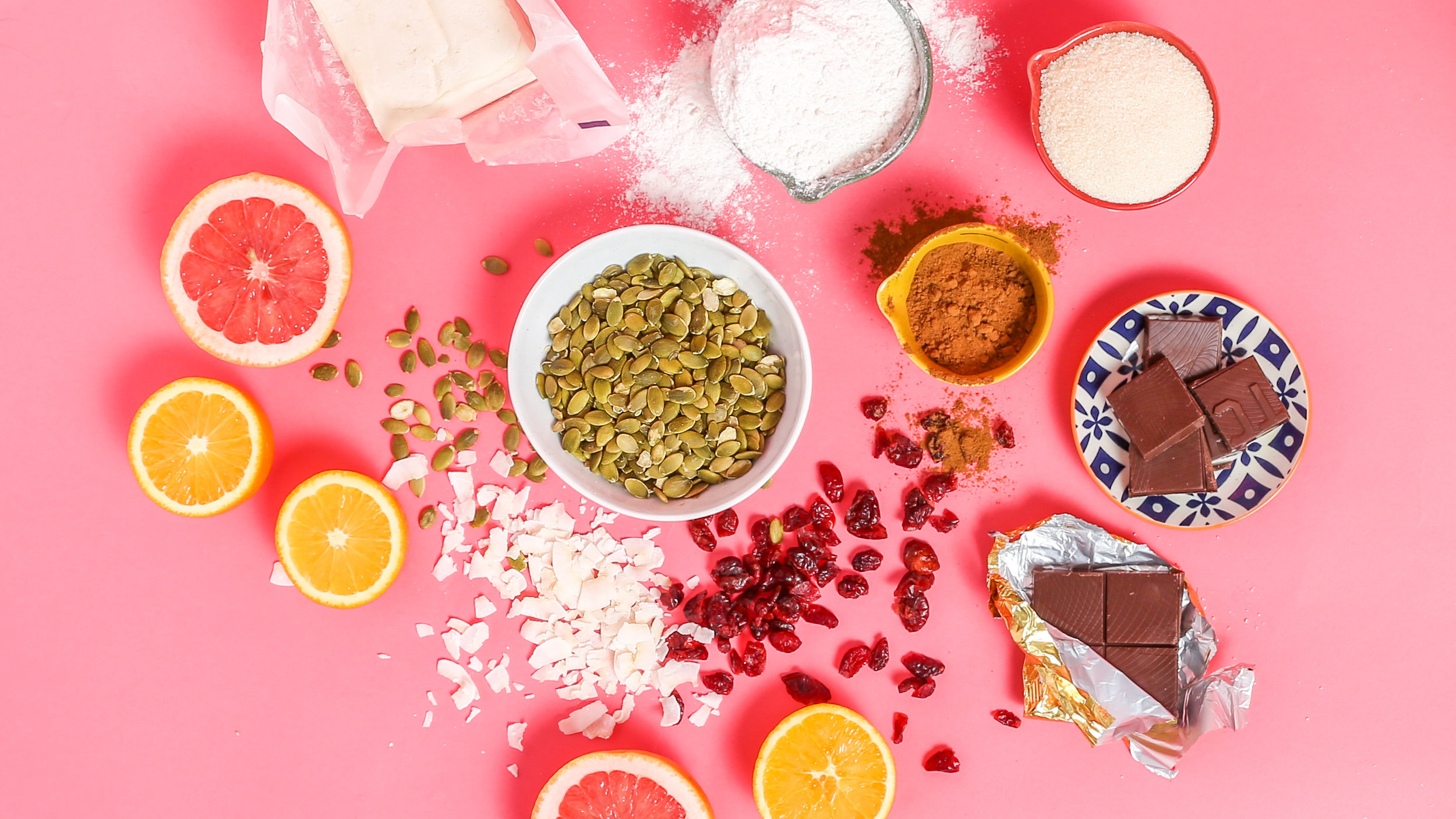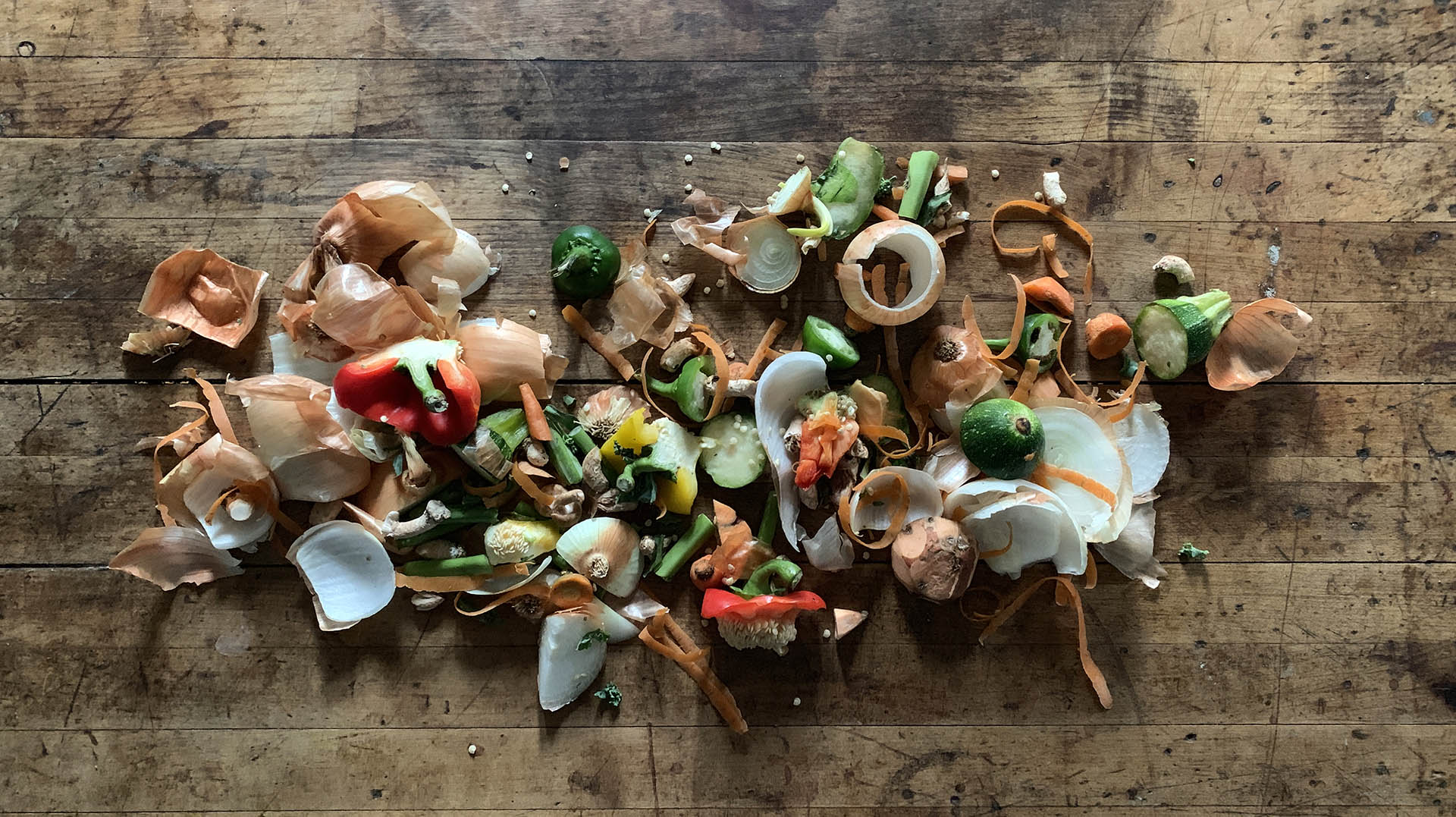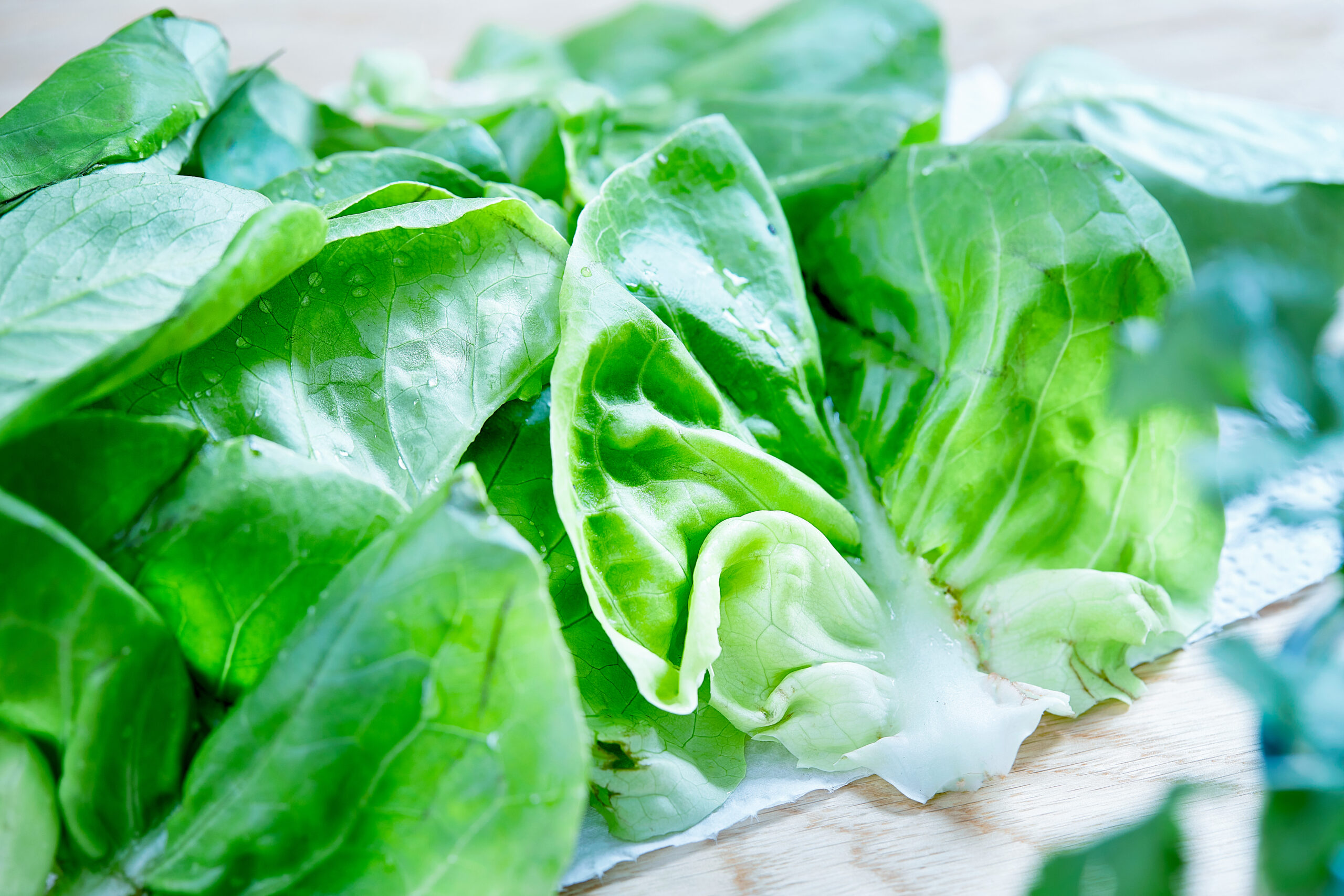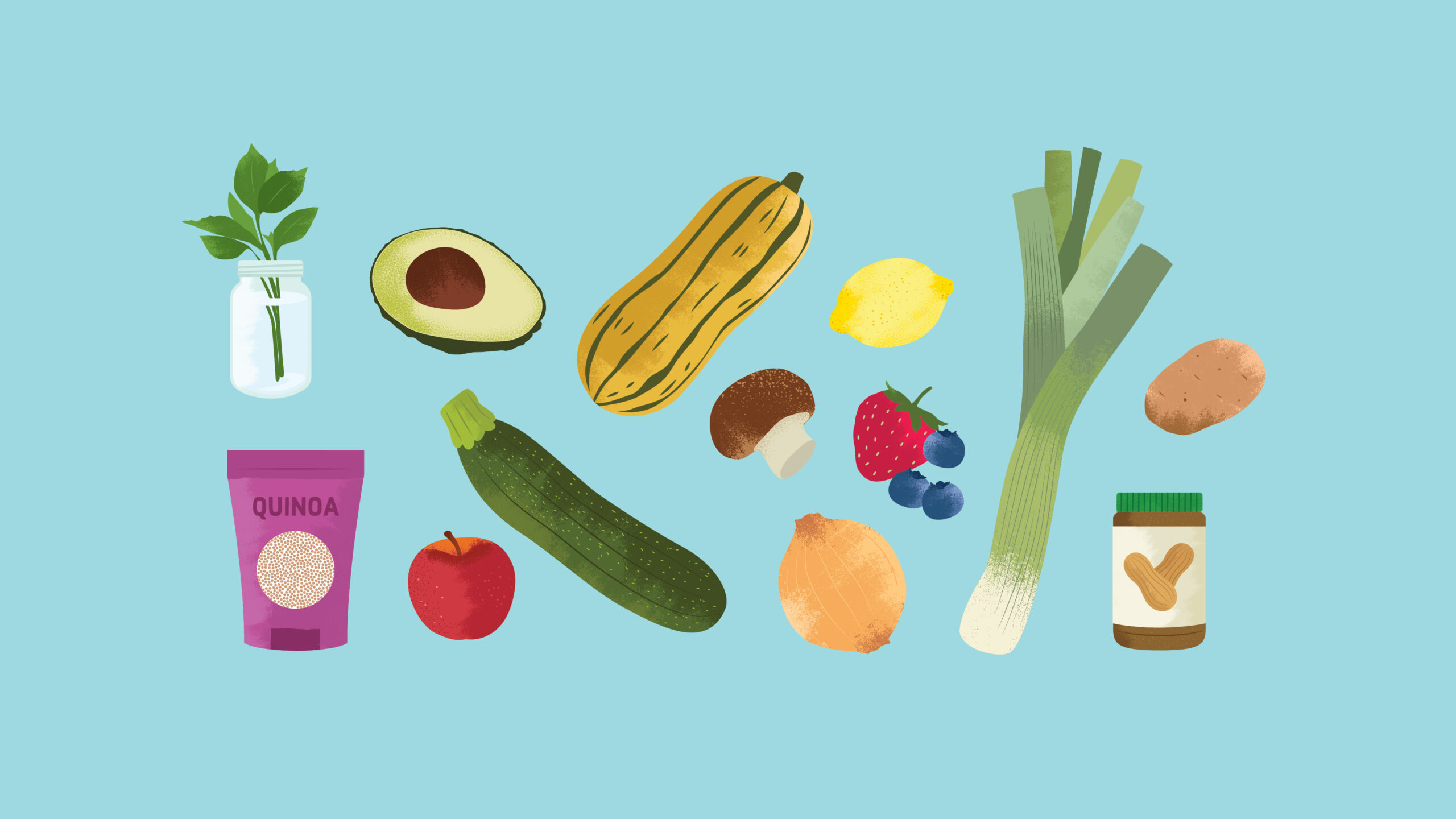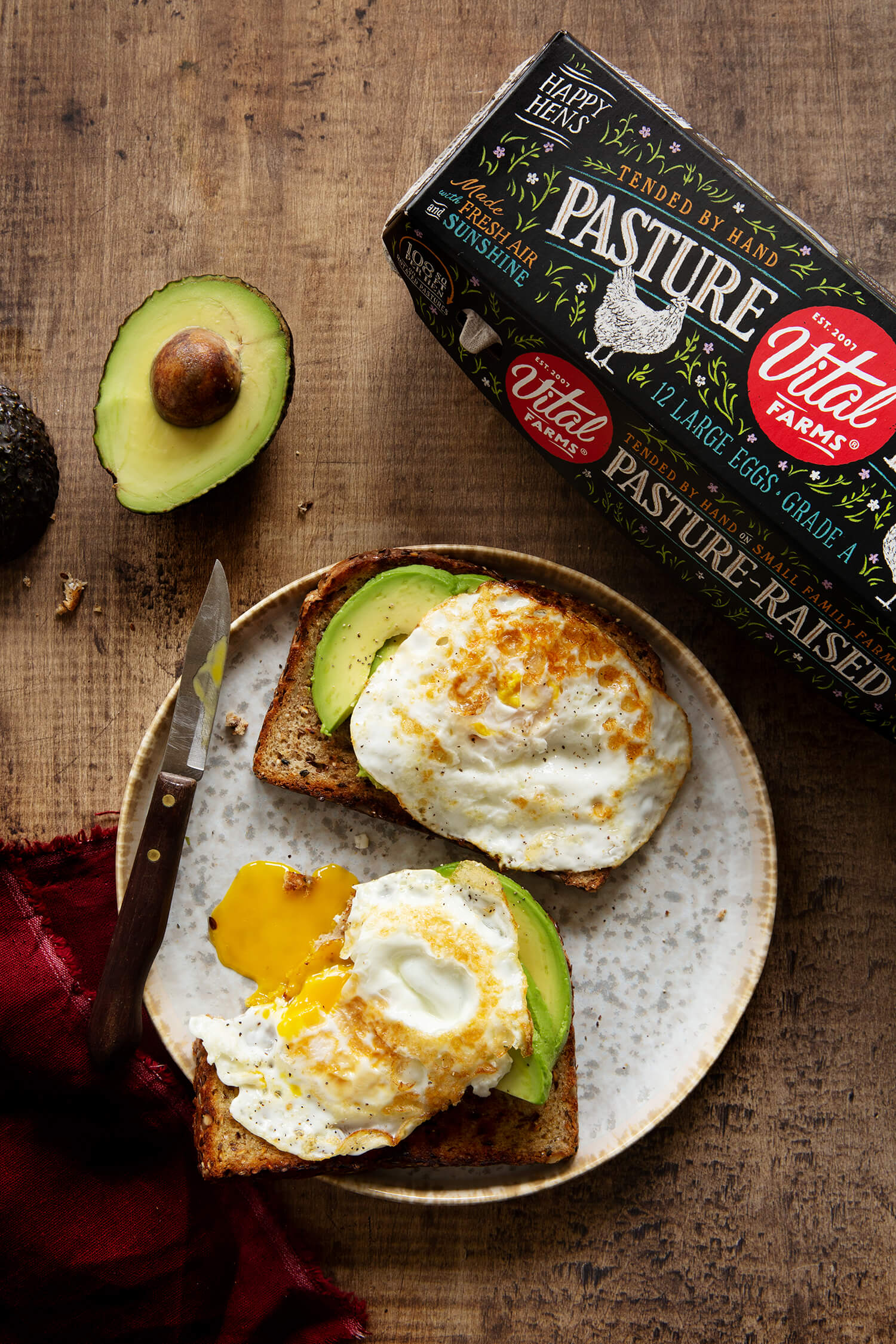Baking season is heating up! You may be wondering how to prepare cookies, cakes, and pies that will warm your home, heart, and friendships. Besides reading up on baking tips and recipes, the best way to set yourself up for success is to have a versatile and well-stocked pantry. Here are five essential baking ingredients you should always have in your kitchen:
Flour
Flour is the starting point for almost all baking recipes, so we recommend having a bag of all-purpose flour, plus a bread flour and a whole-wheat flour around to cover your bases. If you have to pick just one, we recommend unbleached all-purpose flour since you can use it in over 90% of recipes where flour is called for.
Tip: A key differentiator in flours is how much gluten they have, which impacts how chewy or fluffy your end product will be. Bread flours have a lot of gluten, all-purpose flours have a medium amount, and pastry and cake flours have very little gluten in them. If you’re looking for a gluten-free baking flour, look for a gluten-free “one-for-one” flour which will normally be a blend of potato, tapioca, and rice flours that you can use wherever wheat flour is called for.
Butter
Butter, or a comparable vegan substitute, provides the heavenly flavor and life-giving moisture that makes baked goods cravable. We recommend unsalted butter for baking so you get to control how much salt is going in to your baked goods.
Tip: Be sure to keep butter wrapped tightly, as it can pick up odors in your fridge if you’re not careful.
Baking powder
Unless your main baking passion is bread (in which case you should stock up on yeast), you’ll need baking powder in just about every recipe to leaven your goods, or help them rise. For this reason, baking powder is the unsung hero of everything from zucchini bread to blueberry muffins.
Tip: Baking powder just needs water to leaven baked goods, while baking soda needs an acidic ingredient like lemon juice or buttermilk. Keep baking powder covered and away from moisture and it will stay good indefinitely.
Sugar
Sugar provides the sweet core of most baked goods, but did you know that sugar is also essential to the moist, soft texture that defines many of our favorite cookies and cakes? In the chemical reactions of baking, sugar bonds with water, retaining moisture as well as preventing the formation of too much gluten, keeping your cakes tender instead of chewy. Sugar also helps your baked goods develop the golden brown color and crunchy edges that define many beloved desserts!
Tip: If you’re replacing sugar with alternatives like honey, maple syrup, or molasses, know that they will add an interesting new dimension to recipes, but won’t perform the same role as sugar in terms of chemistry and flavor. Honey and maple syrup will make your baked goods denser than sugar, and molasses can overpower the flavor of other ingredients.
Baking spices
In many ways, spices are what give baked goods their flavorful personalities and comforting identities. It’s important to have the basic ones around, and you likely already have many of these in your pantry. We’ll go on record here and say that, based on how many recipes they appear in, the essential baking spices to have on hand are:
-
Cinnamon
-
Nutmeg
-
Allspice
-
Cloves
-
Ginger
Tip: Spices, especially ground ones, will go bad after 6 months to a year. To make sure yours don’t go to waste, check out our guide to fall spices and try making some savory recipes featuring your baking spices so you use them up before they lose their potency.
Bonus ingredients
-
Baking chocolate: When in doubt, a bag of bittersweet or semisweet chocolate chips is always a great addition to all of your cakes, muffins, and breads. There are other varieties you might want to have around too, like chocolate wafers for melting purposes and a nice cocoa powder for brownies. If you’re going to be a lot of baking, or want to get a gift for a baker in your life, it might be worth buying a slab of baking chocolate.
-
Dried fruit: Having raisins, cranberries, or dates around is an awesome way to add another layer of sweetness and a concentrated element of fruit flavor.
-
Citrus: Citrus is in peak season during the colder baking months, and its zest or juice is always a welcome contrast in wintry baked goods.
-
Nuts: Crunchy contrast takes baked goods to another level. Some of our favorite nuts to have around are almonds for their versatility, pecans for their sweetness, and walnuts for the bittersweet balance they bring.
